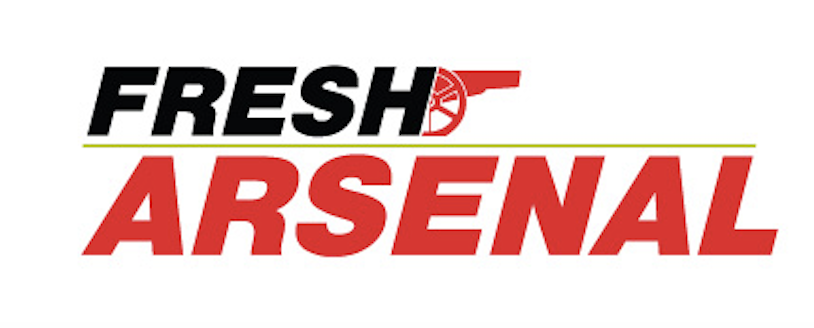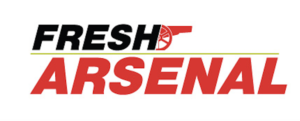Stan ‘Silent’ Kroenke’s is what the Arsenal faithful refer him as. There must be reason right? He is known as “Silent Stan” because he almost never gives interviews to the press and rarely interferes in his teams’ day-to-day operations.
With a 62% takeover in 2011 fans were hoping it was now time Arsenal started slashing the cash to compete with the likes of Manchester City and Chelsea. Sadly over the years this has not been the case. Kroenke is not one to throw money at a problem and is more prudent in his approach.
It is safe to say that no one but, perhaps, the people closely associated with him knows what Stan Kroenke’s real plans for Arsenal are. As the fans continue to wait apprehensively for his true colours to manifest, questions about his motives remain.
Is he an opportunist who having not participated in Arsenal’s time of austerity now appears to reap the dividends of the club’s decade-long investment?
What does his presence benefit Arsenal? Does he have any emotional or communal connection with the club, any psychological attachment to it, like he would a sport he grew up appreciating and supporting?
The little we know of him amounts to his buying the majority of the club’s shares in 2011, an investment he apparently awaits to appreciate to then redeem to huge gains, and this breeds the suspicion that this might be a man simply there for the profit and nothing more.
Indeed, a number of Arsenal fans have been dismayed by the club’s failure to capitalize on Usmanov’s eagerness to use his own money to finance the club’s transfers and wages, an immediate financial power that ostensibly would enable Arsenal to neutralize the two Manchester clubs and Chelsea’s financial advantage.
Instead, Arsenal have chosen to side with Kroenke’s ‘silent’ approach, which involves financial reticence and prudence. Whatever virtue there is in this, though, is answered rather negatively by Kroenke’s apparent lack of tangible contribution towards the Arsenal project.
Rather than contribute to the project, he just sits there, as if it were, benefiting from Arsenal’s appreciation in value even as the club struggles to remain relevant and viable. In this wise, it doesn’t suit him to have Arsenal spend heavily to strengthen its squad.
What’s more, Mr. Kroenke’s lack of contribution is made more stringent by the fact that a great deal of Arsenal’s financial turnover in profit in recent seasons has gone into the club’s cash reserve, an apparent move to buffer the club’s stadium debt. This underscores Kroenke’s lack of involvement in the club’s struggles to emerge from its stadium burden.
Now you’ll ask yourself, why is still there?
When Mr. Kroenke declared that he chose to come to Arsenal it was because he agrees with the club’s philosophy of self-reliance, it doesn’t require much imagination to see that this is because it makes business sense: You make no personal sacrifice (beside your seed money in the shares you bought), but reap massive rewards from what the club has suffered to build.
At the very heart of this issue is Kroenke’s involvement in Arsenal’s culture and philosophy of self-reliance and how it affects both. In purely business terms, Mr. Kroenke does not need to do anything as long as the club’s value continues to appreciate. The current relationship, in other words, benefits Kroenke more than it does Arsenal.
Arsenal FC are more than just a sports team, they are a culture, an historical slice of London, an economic force that drives social development in and around the Emirates. And just like Kroenke’s other clubs deserve the full focus of his ownership, Arsenal FC, even more than any of his American clubs in terms of their socioeconomic impact and connection to the city, demand that attention.
The rumour’s are that the manager has a substantial amount of money to spend on transfer and wages come summer is nothing new. Such rumour has surfaced and resurfaced in the last few seasons only to prove false when the time for spending arrives.
The current situation is different though. Since there now seems to be real money to spend, Kroenke’s true colour will at last be revealed.
Is he an opportunist unwilling to make sacrifices for the growth of the club, or is he a real supporter of the club who will encourage the club and the manager to use the presently available monies to build a new team, a team strong enough to challenge the best of the best?
With an estimated wealth of £1.8bn, the question one must ask is, Kroenke still the right man to take Arsenal forward? The opportunity is there for the club to rise to the top. The question, though, is whether or not Arsenal and more importantly will Mr Kroenke take it?
[divider]



